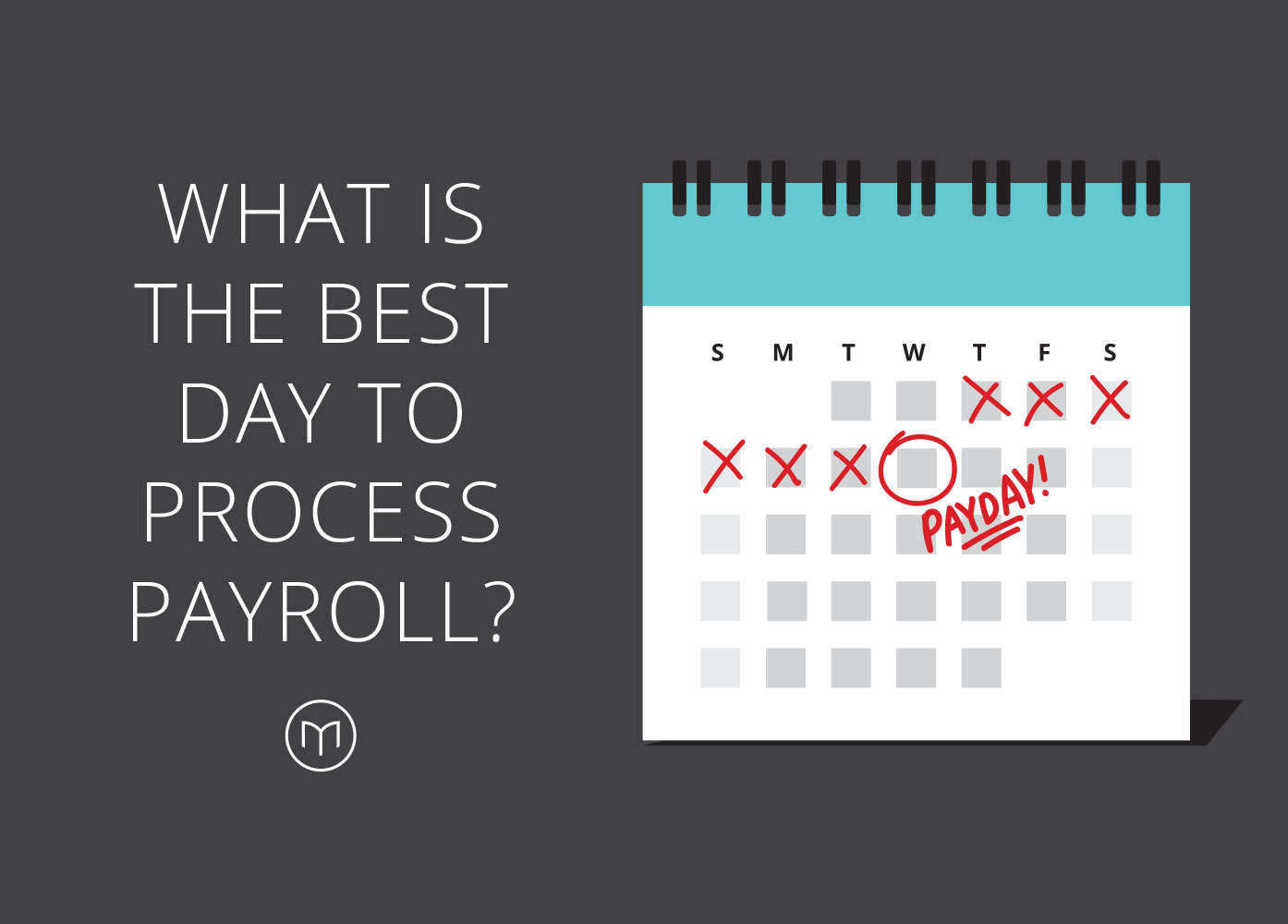That first coffee on a Monday morning, setting you up for the week ahead. The glimmer of optimism that rolls around with hump-day. Finally getting through that one job that has been on the to-do list for who knows how long now. The long anticipated Friday arvo knock-off drink. Yes, there are many significant milestones in the working week, however arguably, none more important to employees than, you guessed it, pay day!
When to process payroll is an important decision every business must make. Get it right and you will ensure a smooth payroll process from start to finish, making effective use of your time and resources. Get it wrong and you risk subjecting your business to disgruntled employees, poor cash flow and administration headaches.
Like many aspects of payroll, the day payroll is processed is not uniform across all industries. The decision lies with each individual business. This is influenced by a number of factors including:
- Type of industry (eg. hospitality, corporate, construction)
- Payment type (eg. cash, direct deposit, cheque)
- Payroll process and system used (eg. outsourced, in-house, manual, software)
- Employee agreement (eg. salary, casual, contract)
- Number of staff
- Frequency of payroll (eg. weekly, fortnightly, monthly)
What's on for the weekend?
So what is the best day to do payroll? Well, not the weekend. It will be more expensive to pay admin/payroll staff on a weekend rather than during the week. It may also be difficult to contact staff on weekends if you need to clarify any problems.
Another notable issue is banking payments won't be processed until the next business day along with any other associated accounting transactions (eg. super payments).
If you're in the hospitality or retail industry, Saturday and Sunday are likely to be your busiest trading days. It makes sense to pool your resources into your daily operations and customer service rather than focus on admin tasks during this time.
If you do find there is some downtime on your weekends to catch up on some of the paper work perhaps it's better spent on other areas such as invoicing or marketing that don't need payments to go through or staff and services to be contactable.
Let 'the day of rest' remain that way. Well, at least when it comes to payroll.
Business days
So, if weekends are out, that leaves us with the 5 business days, Monday to Friday. The main advantage of processing payroll during the business week is all the associated processes will likely be up and running at least at some point during this time. Banking transactions will go through, staff will be readily accessible to amend any errors and if you are outsourcing your payroll your customer support or payroll officer will be available.
Tell me why, I don't like Mondays?
Monday, as much as it is dreaded by many employees, often goes by in the blink of an eye. Before catching up on the weekends events, replying to your overflowing inbox and putting out any spot fires that may have arisen over the weekend, it can leave little time for actually getting a lot done. With the uncertainty of workflow and short time period it can put unnecessary pressure on your team to run payroll on this day. Not to mention public holidays! Monday and Friday have the most public holidays throughout the year. If your payday is a Monday in which a public holiday falls, processing later (ie. the next business day) can result in employees automated bank payments for loans being rejected. Moving the process forward to the Friday can rush administration and increase the risk of errors.
Friday is another difficult day to do payroll due to the high instance of public holidays and the limited time to resolve issues before the weekend, if payroll does get delayed on a Friday this will result in payments not going through until Monday.
Payroll software including Microkeeper will let you run payroll and send out payslips for staff to pre-approve before making the actual payments. This allows employees to look over their payslip and flag any issues before payments are processed. This fundamental change in the order of events can reduce amendments significantly.
Midweek is where the money's at
The best time to process payroll is...midweek (Tuesday to Thursday) but in particular Wednesday. These are traditionally the quietest business days with the least amount of public holidays. Employees prefer it too. Not only is it a nice hump-day boost to staff morale, seeing the fruits of their labour, but it allows for easier household budgeting with money available for the most expensive time of the week, the weekend.
If you are a smaller business (1-19 employees) Tuesday could work better for you, however it doesn't leave much time after the pay period to collect all data. If you have a large business an extra day is very helpful.
Thursday is ok too, but if a payment doesn't clear on the Friday the employee might not get paid until Monday. Your staff may not appreciate having to wait that long.
And the winner is...Wednesday!
Wednesday in particular is the best day to do payroll. Having two business days either side of it gives you enough time to collect all data, process payment, amend any mistakes and deal with any queries. Meaning happy employees and no phone calls over the weekend!
Other considerations
Once you have decided on a day, another important consideration is how often you pay your employees? The Fair Work Ombudsman states 'employees must be paid at least monthly and can be paid by one, or a combination of, the following:
- Cash
- Cheque, money order or postal order, payable to the employee
- Electronic funds transfer (ie. EFT or bank transfer)
Most awards, enterprise agreements or registered agreements will set out when employees must be paid (weekly, fortnightly or monthly). If it doesn't employees must be paid at least monthly.'
A weekly pay schedule is popular for workplaces with casual staff or trades where hours vary from week to week. However this can be less attractive to larger business with a majority of salary staff.
When you have your pay schedule established it's a good idea to make sure this is communicated to your employees. When you first hire a new employee, provide in writing what day they will receive their wages and the frequency of payment. This will allow employees to organize their personal finance arrangements (eg. mortgage repayments or rental deductions) to suit, as well as making sure they are aware of their responsibilities (eg. making sure timesheet data is up to date).
Getting it right
For such an consequential and intently anticipated event it's important your business gets it right. Asking the right questions at the start will ensure you have considered the needs of both your business and employees and will set you up for smooth payroll process going forward.
If you are starting a new business or revamping your current payroll process, Microkeeper can help! For more information or to request a product demonstration contact us today.
More information
Australian Government Fair Work Ombudsman
https://www.fairwork.gov.au/pay/paying-wages



.jpg)